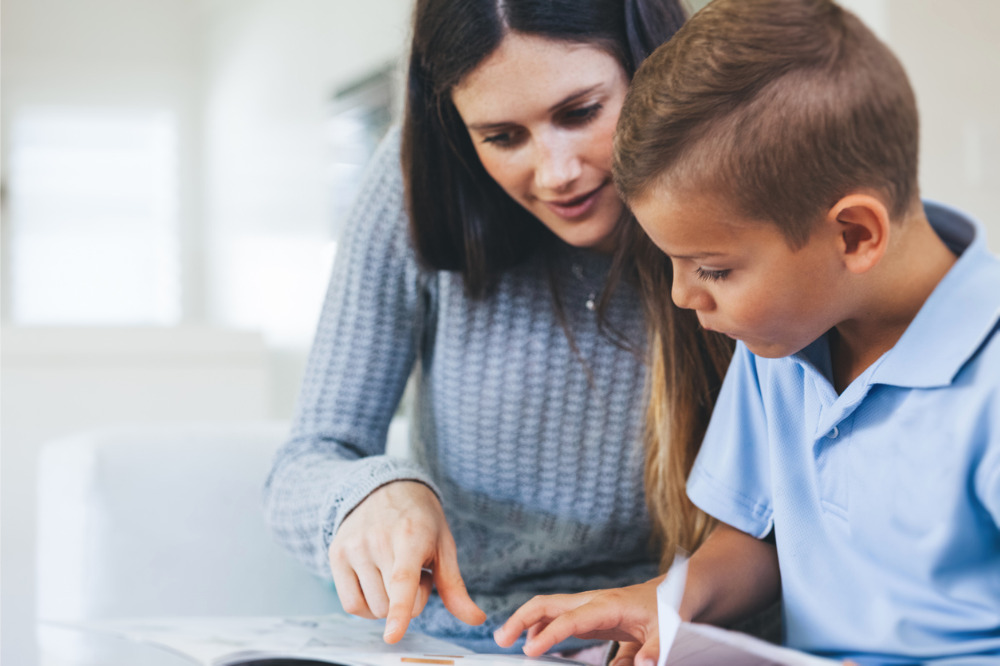
A mother’s optimism about their child’s academic abilities can help them improve their grades, according to new research.
The Australian Catholic University’s (ACU) study of 2,602 Australian girls and boys (and their mothers) analysed data from the Longitudinal Study of Australian Children which is linked to children’s NAPLAN scores.
The researchers found that mothers who were overly confident in their child’s learning increased their outcomes, as well as their interest in reading and maths. What’s more, this improvement happened across both primary and high school.
However, the research also found that a mother’s powerful psychological beliefs can go both ways.
The analysis also looked at gender differences and found that mums tend to be more pessimistic about girls’ abilities in maths, and boys’ abilities in English.”
Dr Taren Sanders from the ACU’S Institute for Positive Psychology and Education (IPPE) – one of the study’s co-authors – said the power of a person’s beliefs, the influence of gender stereotypes on mums may help make those stereotypes actually come true.
“The study shows how these beliefs are affected by gender stereotypes in ways that could be detrimental to the child,” Dr Sanders said.
University of Sydney study co-author Dr Rhiannon B Parker said it was notable that mothers from non-English speaking backgrounds were much more positive about their child's reading skills than mothers for whom English was their first language.
“But when it came to judging their children’s math abilities, there were no differences between these mothers,” Dr Parker said.
“We suspect this could be because mothers from non-English speaking backgrounds factor in their family's unique context when thinking about their child's ability in reading”.
While the study noted the power of maternal optimism to improve grades, the same doesn’t necessarily apply when talking about a teacher’s optimism towards their students’ abilities.
“Teachers are the ones most often providing the student evidence of their performance at school. So, the sort of thing we saw in this study — parents who thought their kids were a better performer than their school results suggest saw those kids improve — would appear unlikely,” Lead researcher Professor Philip Parker from ACU’s Institute for Positive Psychology and Education (IPPE) told The Educator.
However, Professor Parker said researchers, including Professor Helen Watt from the University of Sydney, have found an interesting wrinkle to this.
“Professor Watt found that students who believe that their teacher thinks they are capable, indeed more capable than the student themselves thinks they are, grow in motivation,” he said.
“Because of this there seems little danger in teachers erring on the side of believing in their students—indeed believing in them more than the students themselves do”.


